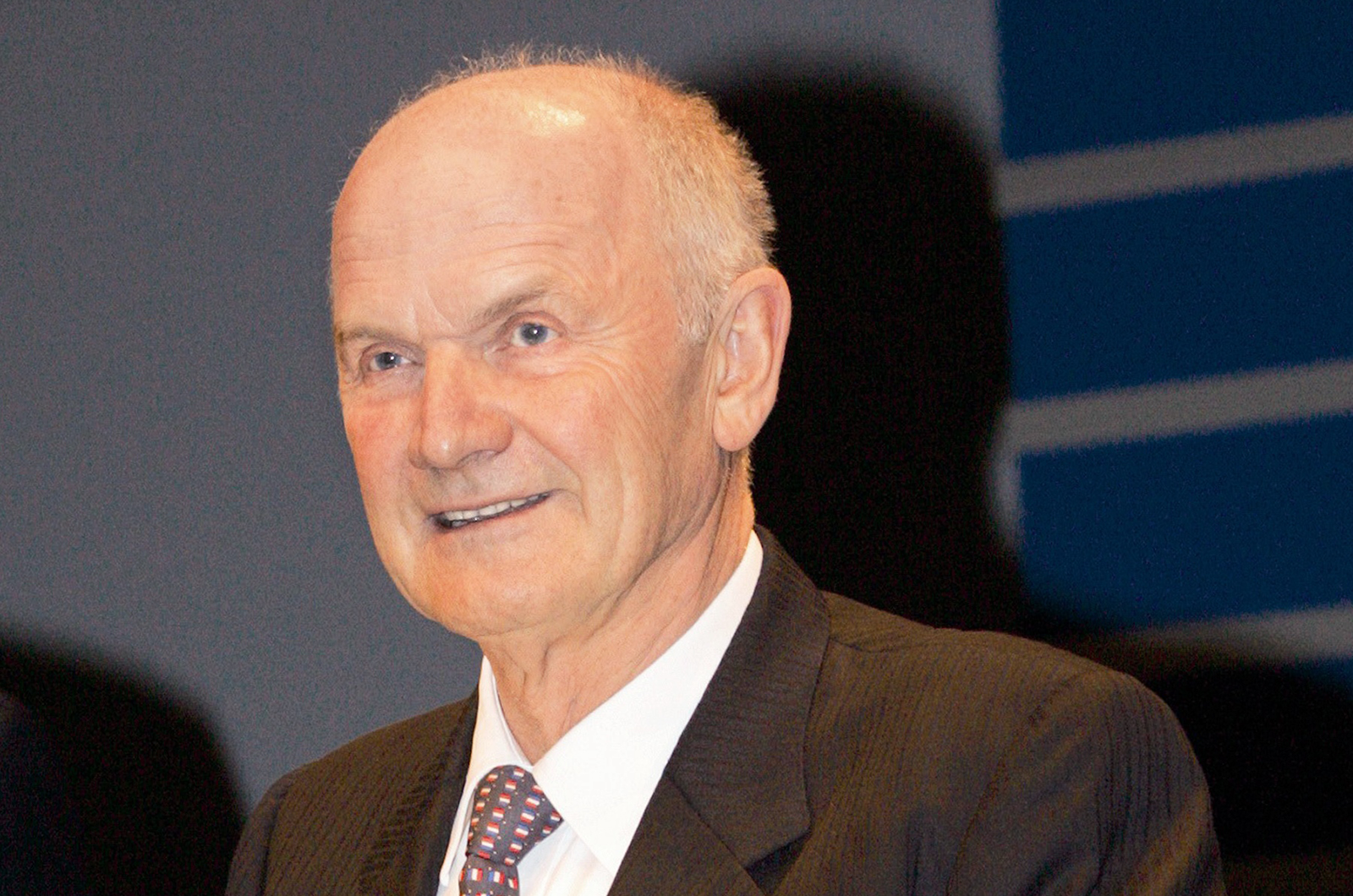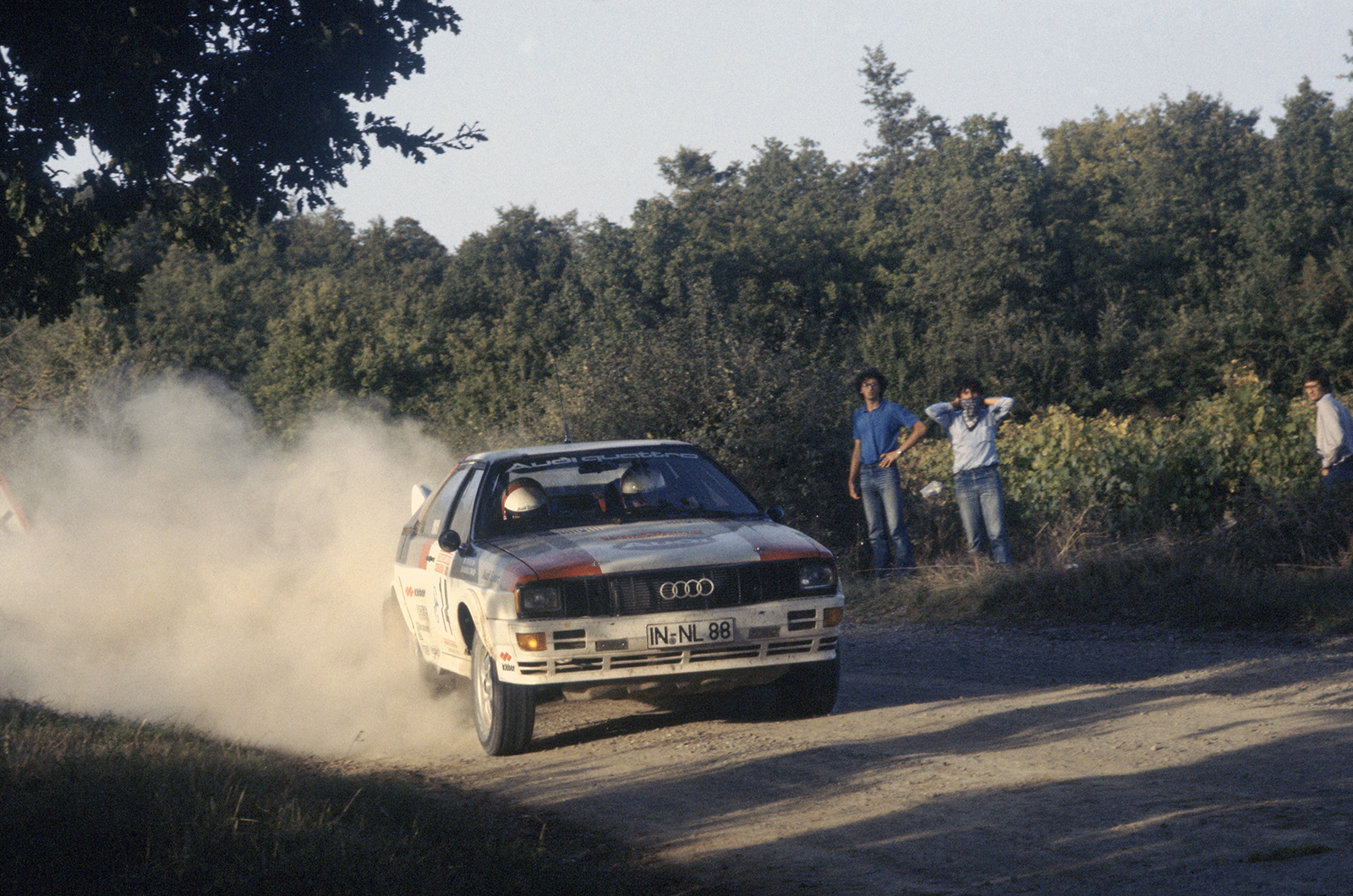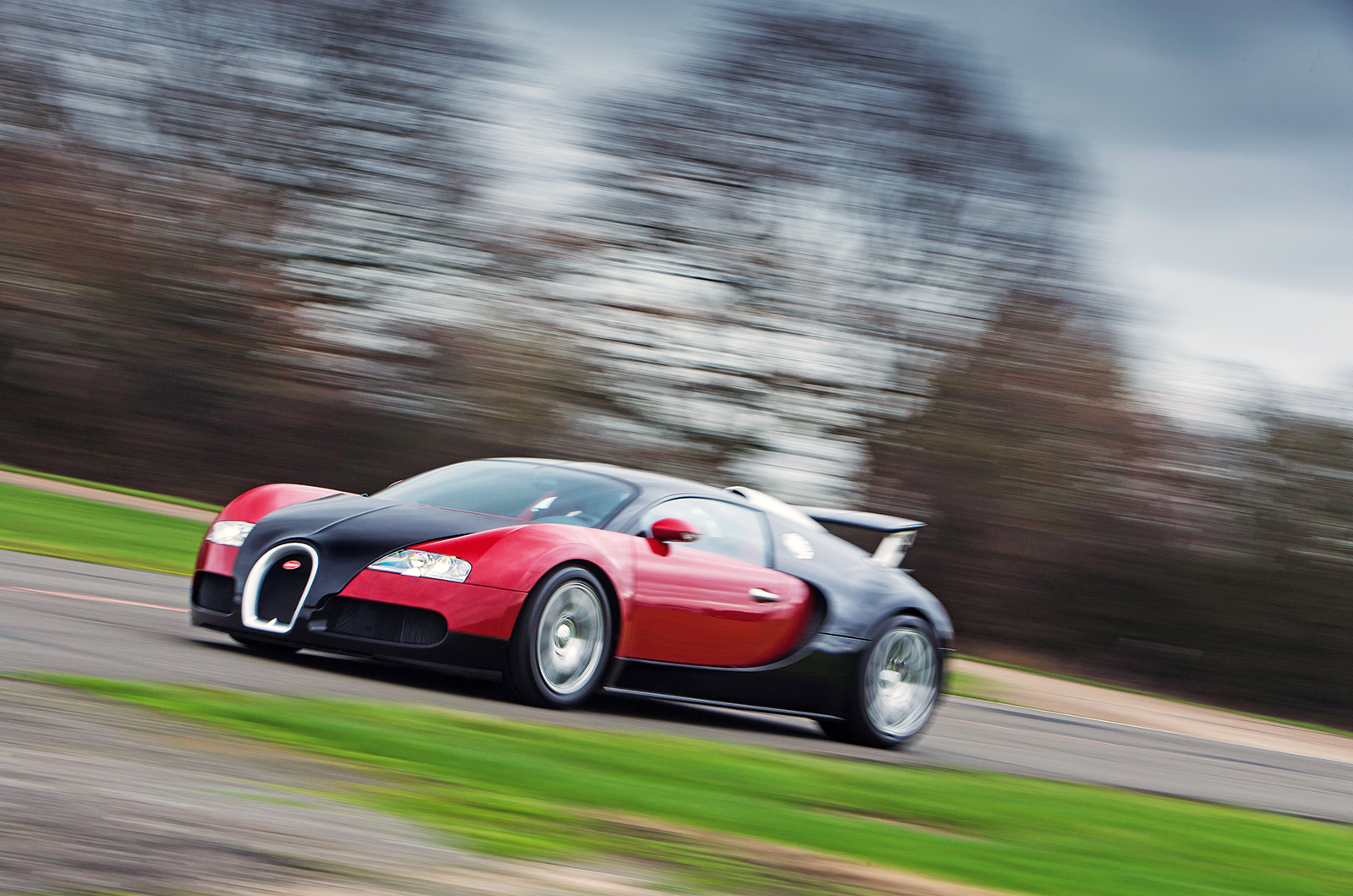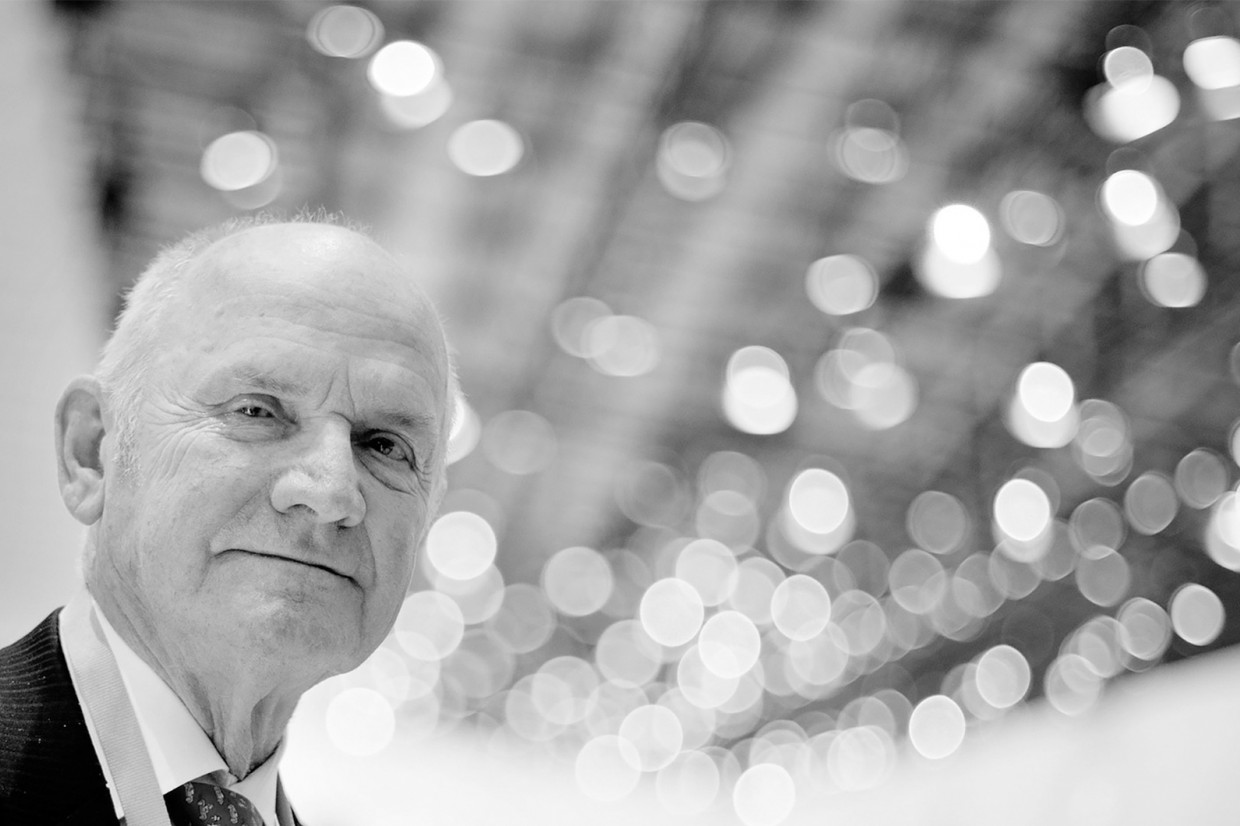
Ferdinand Piëch, a visionary and engineer perhaps best known for his dreaming up of the Porsche 917, died ‘suddenly and unexpectedly’ at the age of 82 on 25 August, his wife Ursula said in a statement.
Piëch, born on 17 April 1937, was the grandson of Porsche founder Ferdinand and joined the at-times factional family company in 1963 and set about tweaking and refining the 911.
He soon took charge of the design and development on the racing side and, having stripped out a 911S to create the spectacular ‘R’, led Porsche into top-line motorsport by staking huge sums of money on the success of his idea. It would go on to change sports-car racing for ever.
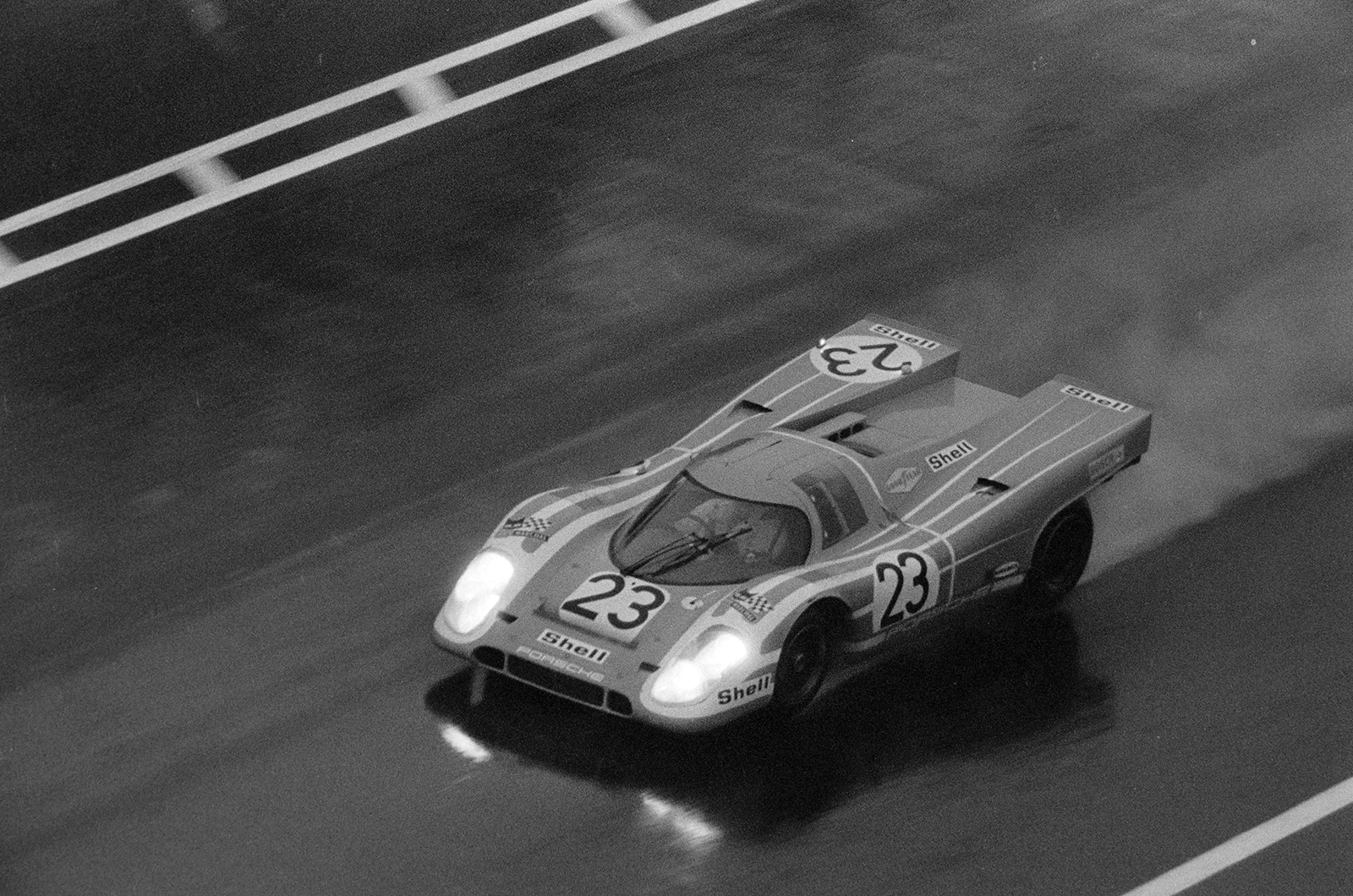
Hans Hermann/Richard Attwood en route to Le Mans glory in 1970
The catalyst for the 917 was the lowering of the homologation rules, from 50 examples required to 25, and Piëch set in motion the development of a new sports car based on the 908.
At the end of its debut season, 1969, it had a Le Mans pole position to its name by the end of June and a victory by the end of October at the Österreichring.

